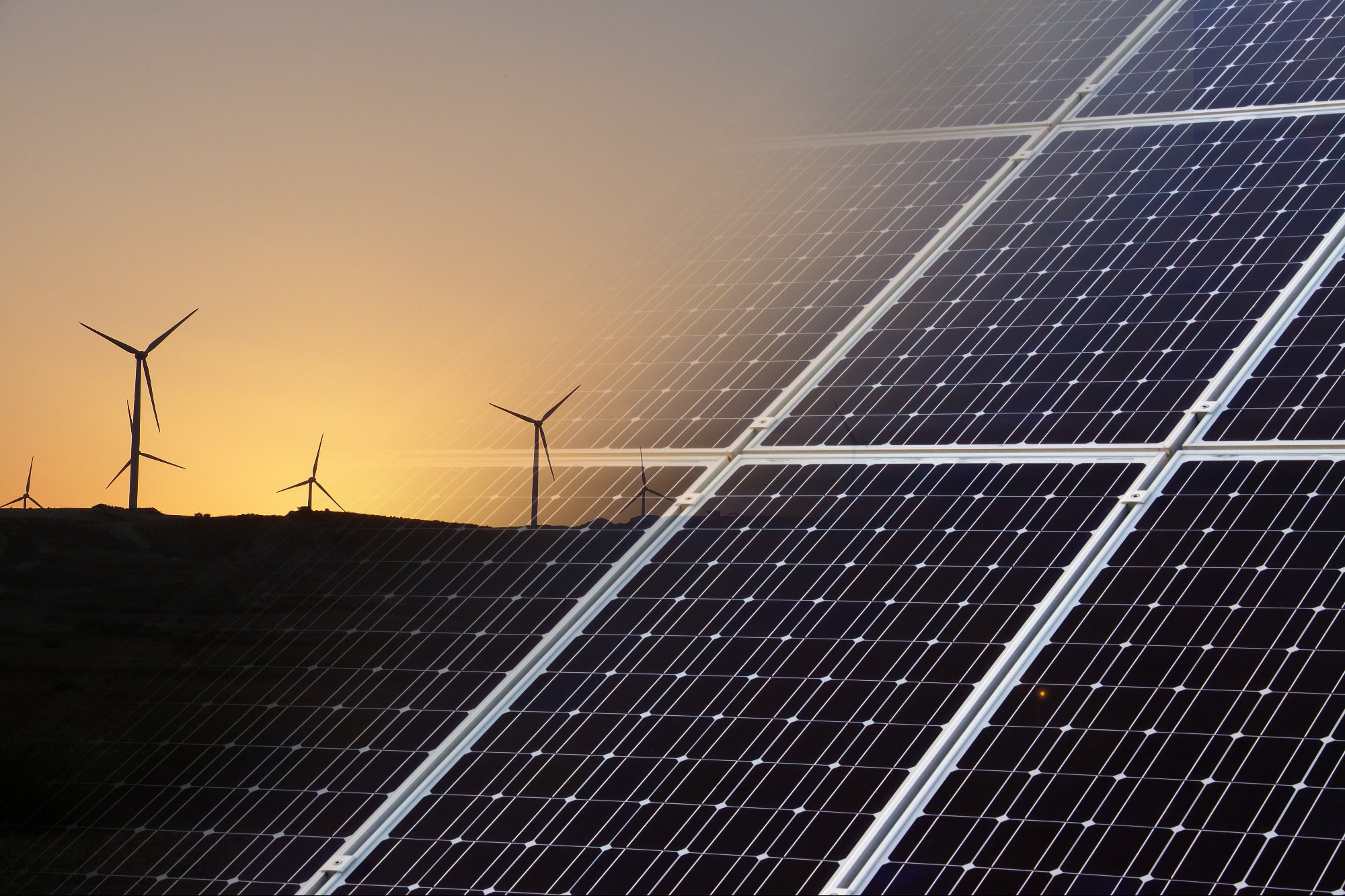Growing Vietnam's Flourishing Solar Energy The energy demand will rise by over 10 per cent per year by the end of 2020 and by 8 per cent per year in 2021-2030 in Vietnam
By Thoi Nguyen
Opinions expressed by Entrepreneur contributors are their own.
You're reading Entrepreneur Asia Pacific, an international franchise of Entrepreneur Media.

ASEAN countries are expected to be one of the world growth centres in the next several decades. Energy is the fundamental element of economic activities, hence there is an increase in energy consumption. Vietnam is no exception and the country has adopted strategies to bring more renewable energies into its energy mix.
Although the coronavirus has affected severely economies of the major countries, Vietnam's economy grew by 1.81 per cent in the first half of 2020. Vietnam's economy is expected to bounce back up to 6.8 per cent in 2021.
The energy demand will rise by over 10 per cent per year by the end of 2020 and by 8 per cent per year in 2021-2030 in Vietnam. Vietnam has adopted the Renewable Energy Development Strategy till 2030 with an outlook to 2050. The strategy broadly aims to promote the use of renewable energy sources and environmentally friendly natural resources.
As a result, there has been an increase in green energy projects from foreign investors in Vietnam. It was reported that the country had 121 solar power projects with a capacity of 8,100 MW at the end of 2018, and the authorities were dealing with 220 pending projects. The booming industry gives good opportunities for investors who have the right skills and capital to invest in Vietnam. Energy investors will spend around $150 billion to meet rising power demand in Vietnam in the next coming decade.
It is reported that wind and solar power sectors will rise and hit 19.9 GW by 2030 in Vietnam. The country has set priorities for developing renewable energy sources such as solar, and the country will increase the percentage of renewable energy power gradually in the near future.
Vietnam is an ideal place for investing in the solar sector because the demand for electricity is high and the Vietnamese government is trying to tackle the climate emergency by using green energy.
Vietnam introduced policies such the flexible FITs system, focusing on solar projects "with solar-cell efficiency greater than 16 per cent or solar-module efficiency greater than 15 per cent, a FIT will be fixed at 2,086 Vietnamese dong/kWh (equivalent to 9.35 US cents/kWh excluding VAT) for generating electricity at the delivery point." Vietnam may ultimately become the largest solar power installer in ASEAN two years after introducing the FITS system. In addition, Vietnam plans to move from a feed-in-tariff (FIT) policy to a competitive bidding scheme for solar projects to reduce the cost of solar generation.
Solar resources will play a major role in the country's energy mix and will help the country to achieve its environmentally friendly energy resources target. According to an article of Solar Magazine, Vietnam aims to have solar power capacity of 0.5 per cent of national output by 2020, 3.3 per cent by 2030 and 20 per cent by 2050.
There has been a growing number of solar energy projects in Vietnam because the Vietnamese government adopted incentives for solar power investment projects including the reduction of land-use fees, land rent, and surface water.
On 22 June 2020, Ninh Thuan Energy Joint Stock Company launched a large solar power plant project in Ninh Thuan, a province in central Vietnam. The project had an investment of over 1,000 billion VND ($43 million) and expects to reach about 75 million kWh electricity output per year. This solar power plant will join Vietnam's national grid.
Furthermore, rooftop solar PV will be connected to the national electricity network. Vietnam Electricity, a state-owned company, the largest power company in the country, announced help for households and businesses with rooftop solar power in terms of installing and technical support. The move aims to develop green projects and reduce intensive CO2 emissions in the country. Vietnam also received a new financial package of $212.5 million to support green projects in Vietnam. The package will help small and medium businesses and boost financing for projects that help reduce carbon emissions. The support would help to scale up solar production in Vietnam.
The new development could transform Vietnam into a solar-powered destination for entrepreneurs. Despite Vietnam was impacted by the coronavirus pandemic, the solar energy industry is growing in the country. The solar energy sector is a green and profitable sector in which to invest.
Given the significant attention, the government has placed on this energy sector and how exactly Vietnam navigates this sector will continue to be important to watch in the coming months.









